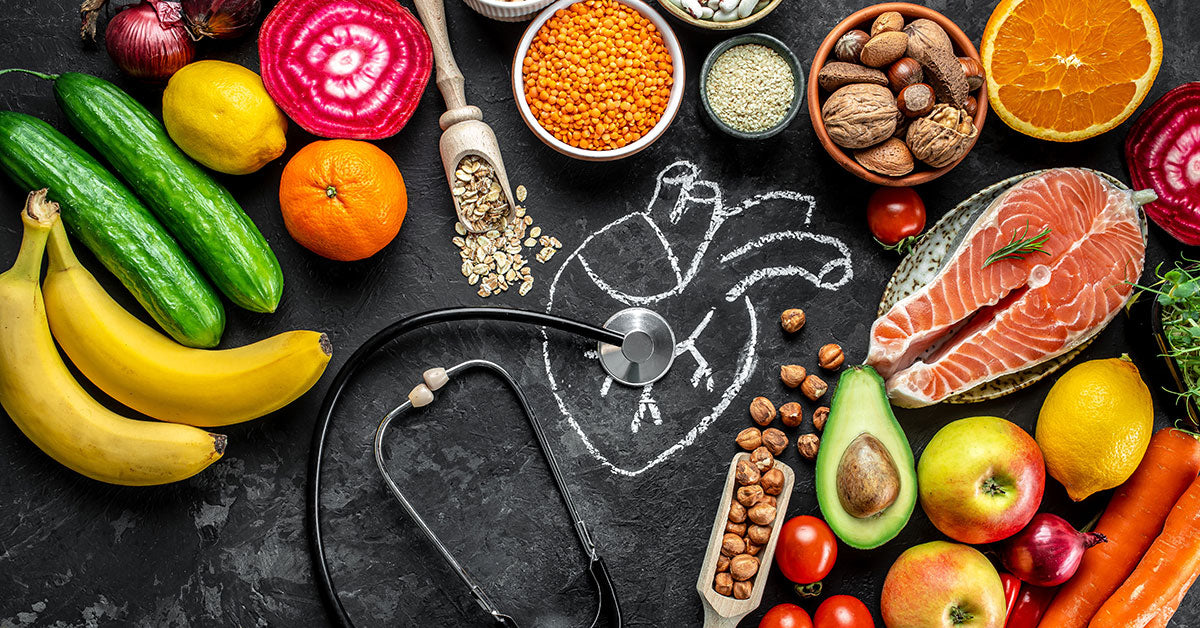When it comes to glowing, healthy skin, most of us think about lotions, creams, and sunscreens. But did you know that what you eat plays an equally pivotal role? The phrase "you are what you eat" rings true, especially when it comes to your skin.
Our skin is the body's largest organ, and it requires a mix of nutrients to remain radiant and healthy. Incorporating specific foods into your diet can enhance skin texture, elasticity, and color. In this blog, we'll explore some of the most beneficial foods that can boost your skin quality.
1. Fatty Fish
Fatty fish, like salmon, mackerel, and herring, are rich in omega-3 fatty acids. Omega-3s are vital for maintaining skin health. They keep the skin supple and moisturized. Additionally, they reduce inflammation which can cause redness and acne. These fish also contain vitamin E, an essential antioxidant for the skin.
2. Avocado
Avocado is not just for your toast. This fruit is rich in healthy fats which are essential for keeping the skin flexible and moisturized. It also comes packed with vitamin E and vitamin C, crucial for skin health.
3. Walnuts
Walnuts stand out for their nutrition composition. They're a good source of essential fatty acids, which are fats your body cannot produce itself. They also contain zinc, an essential mineral that aids in inflammation reduction, overall skin health, and even the production of new cells.
4. Sweet Potatoes
Beta-carotene, found in sweet potatoes, acts as a natural sunblock. Once consumed, your body converts it into vitamin A, which aids in skin cell production and repair. Other sources of beta-carotene include carrots and spinach.
5. Sunflower Seeds
Seeds, especially sunflower seeds, are excellent sources of nutrients that promote skin health. They contain selenium, vitamin E, protein, and zinc.
6. Red and Yellow Bell Peppers
Besides being tasty and colorful, these peppers are rich in antioxidants, especially vitamin C. This vitamin is necessary for creating collagen, the protein that keeps our skin firm and strong.
7. Broccoli
Broccoli is a power-packed source of vitamins and minerals important for skin health, including zinc, vitamin A, and vitamin C. It also contains lutein, which protects the skin from oxidative damage.
8. Tomatoes
Tomatoes are a great source of vitamin C and contain major carotenoids like lycopene. These carotenoids protect your skin from sun damage and can help prevent wrinkling.
9. Dark Chocolate
Indulge in some dark chocolate, and your skin will thank you. The antioxidants in chocolate can make the skin less rough and provide better blood flow, resulting in a healthier appearance. However, moderation is key. Opt for dark chocolate with at least 70% cocoa.
10. Green Tea
Green tea contains powerful antioxidants called catechins that can protect and improve your skin. Regular consumption can reduce redness, improve hydration, and boost skin elasticity.
11. Red Grapes
Resveratrol, found in the skin of red grapes, can slow your skin's aging process by impairing harmful free radicals that damage the skin. This compound is also found in red wine, but again, moderation is crucial.
12. Berries
Berries, including strawberries, blueberries, and raspberries, are rich in vitamins, antioxidants, and fiber. The antioxidants in berries can help your skin look younger and smoother.
13. Papaya
This tropical fruit contains a range of active enzymes which provide benefits for the skin. It is also rich in vitamins A, C, E, and K and has antioxidant properties that help in reducing the signs of aging.
Hydration: Don’t Forget Water!
Though not a "food," water remains an essential component for skin hydration. Dryness, flakiness, and tightness are signs of dehydrated skin. By drinking adequate water daily, you can maintain your skin's moisture balance.
Conclusion
Your diet plays a pivotal role in determining your skin's health and glow. Incorporating a mix of these foods can offer you varied nutrients that benefit your skin in multiple ways. Remember, while foods can help boost skin quality, other factors like adequate sleep, protection against sun damage, and regular skincare routine also play a significant role. It's all about balance, both in your diet and lifestyle.





